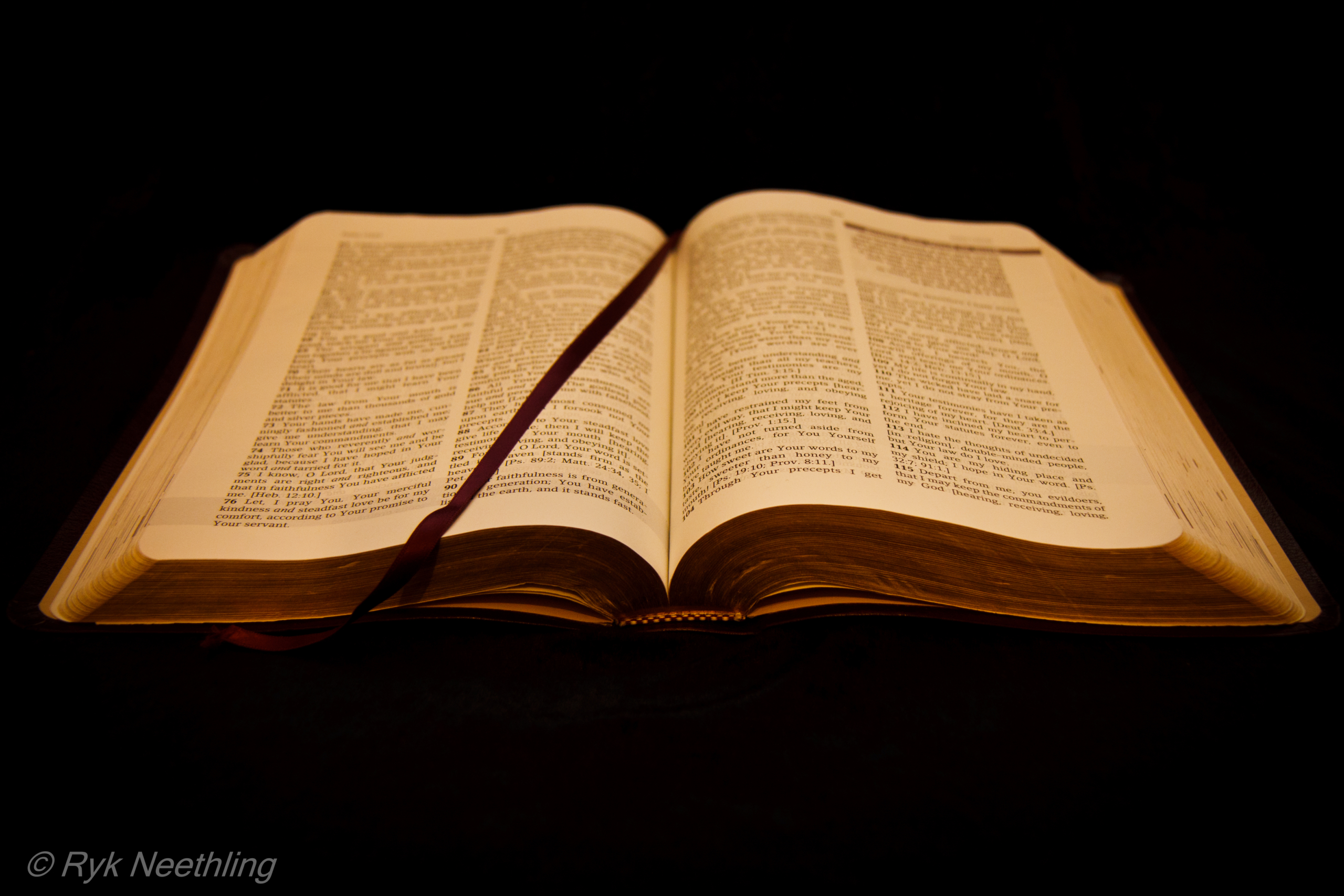There is a certain type of non-Catholic Christian warrior who populates X-Twitter with challenges to the Catholic doctrines and devotions with “Where is THAT in the Bible?” This challenge is understandable given the Protestant’s foundational belief in sola Scriptura–the Protestant trust in the Bible alone. Given that underlying belief it is understandable that many elements of Catholic doctrine and devotions will be rejected and the Catholics will be challenged with a belligerent and self righteous attitude that is (it must be said) unattractive.
However, the challenges fall flat because Catholics have never accept the basic sola Scriptura premise. We’re not Bible only Christians. We certainly believe that the Sacred Scriptures are inspired by the Holy Spirit and are infallible for teaching doctrine, reproof of sinners and instruction in righteousness, but we reject sola Scriptura as a foundational premise. We do so because it is, itself an unBiblical, late invented, man made doctrine.
I won’t go into to rebuttals of sola Scriptura here. Other Catholic apologists have dismantled this false doctrine many times and in many places. For one example go here
Instead of simply showing how sola Scriptura is untrue it is more helpful for Catholics and Protestants to understand each other’s beliefs and uses of Scripture. First I should say I was brought up in a strongly fundamentalist home in a church with a pastor who was a graduate of Bob Jones University. I graduated from BJU myself and so have a first hand knowledge of non-Catholic understanding and use of Scripture.
Evangelical Christians have a praiseworthy respect and veneration of Sacred Scripture. In many ways it is the foundational text of all they believe and do. They elevate the Bible above all other books and all religious beliefs and practices are subject to the Bible. In practical terms the Bible is used as a source book and proof for their religious beliefs. It is also used as a kind of rule book for religious practice and personal and social morality. Because it is inspired the believer’s whole life and witness is guided by the Bible which is God’s word and God’s primary revelation to mankind.
The Catholic approach is different. We believe that God’s primary revelation to mankind is the incarnation of his Son Jesus Christ. One of the things Jesus did when he was on earth was to establish his church. We note that he prophesied the foundation of the church in his famous charge to Peter, but he did NOT prophesy that a sacred text would be written and inspired by the Holy Spirit. While he affirmed the Sacred Scriptures of the Old Testament he did not command or predict the establishment of the New Testament. Instead he predicted and established the Spirit filled church, and it was from the Church that the New Testament was composed, read, used for worship and eventually codified and from the church that the various writings were selected and recognized as the inspired New Testament.
Consequently, for Catholics, the church has priority over the Bible because it was from the church that the Bible was given. What this means is NOT that Catholic beliefs and practices may contradict the Bible–but simply that the living and vital Catholic Church provides the authentic interpretive authority for the Scriptures. In practice all churches–even the ones that hold most strictly to sola Scriptura–provide an interpretive authority for the Scriptures. A fundamentalist pastor may say he is preaching and teaching simply from the Bible itself, but of course this is an illusion. In fact he is preaching and teaching an interpretation and hermeneutic that he has inherited from his particular tradition and which has been handed on to him by his teachers, pastors, theology professors and saintly men and women from his particular religious context.
So, to sum up, Catholics venerate and love the Bible and all our beliefs and practices are congruent with the Bible and the whole of Christian history and context even though there may not be watertight proof texts from the Bible. A brief excursion into the world of Catholic apologetics–especially by people like myself who are former Evangelicals–will help the non-Catholic understand how Catholic beliefs and practices are Biblical even if they are not supported by easy proof texts. Readers who are interested may want to explore the apologetics category on this blog or check out my books on apologetics: More Christianity–written in a friendly way to explain Catholicism to Evangelical Christians. Our Lady?–my discussion with a fellow BJU graduate on the Marian doctrines and devotions An Answer Not an Argument–a collection of my essays on apologetics. Finally, if you are interested in the Catholic understanding of Scripture there is no better statement than Dei Verbum–the document from the Second Vatican Council on Scripture.







Leave A Comment
You must be logged in to post a comment.